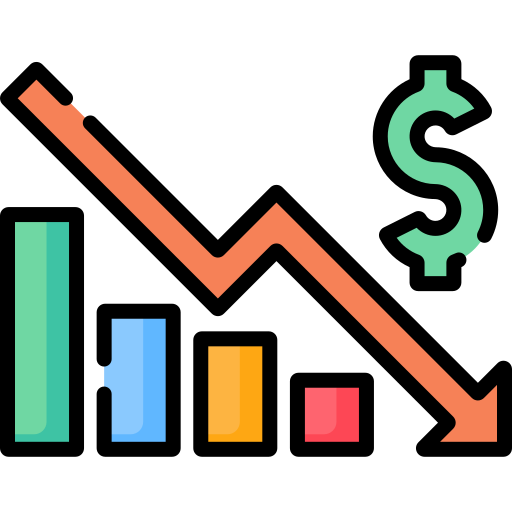Preparing for an Economic Downturn
Preparing for an Economic Downturn
By James Pruitt, Senior Staff Writer
Many economists are predicting an end to the recent economic boom. A minority believe a recession is inevitable. Others point to data suggesting a future of ongoing economic health. However, the best practice for every business owner is to prepare for the worst. The economy may or may not experience a downturn shortly. Regardless, the following measures can prepare Veteran Business Owners for a variety of scenarios.
1) Diversify your Sources of Revenue
Economic downturns often strike certain industries before others. As a cushion against difficult times, consider this strategy: Try to branch out into different fields related you your core business. Your expertise likely has multiple applications.
A brainstorming session about possible new markets could do wonders in the meantime, as well as strengthen your business should troubles arise. Additionally, existing talent, expertise, and equipment can be re-deployed with a little creativity. Recessions often strike certain industries more than others, and a nimble company can jump to a slightly different part of the economy when one segment deteriorates.
2) Focus on Relationships
Your customers are the basis of your support system. To prepare for the inevitable periodic slowdown, ensure that your clients want you to succeed. An ongoing customer loyalty program might ensure a client base, and keep the cash flowing even when neither you nor your customers are in optimal financial shape. Also, after-purchase programs such as warranties may strengthen your online presence and help deal with issues before they snowball. With strong customer loyalty, when a recession does strike, your clientele can be your bulwark and continue to support your enterprise.
Also, consider your vendors and strategic partners. Business owners can use healthy times to develop their partners to build flexibility and optimize terms. This way, once a recession does hit you can get the best possible deals on any merchandise or services.
Finally, remember your employees. While recessions often do necessitate layoffs, a staff of experienced employees allows a business to operate with a relatively lean staff. Remember the costs of hiring and training. Employers should minimize turnover to ensure the business continuously operates like a finely oiled machine. In other words, treating employees well works to everyone’s benefit.
3) Analyze your Cash Flow
A good record-keeping process can facilitate analysis of exactly where money is going. Small businesses should carefully monitor their accounts, save their invoices, and give careful thought to potentially wasteful expenses. Accounting processes can make all the difference when the time comes to trim the fat. Applications such as QuickBooks, Freshbooks, and Odoo can optimize your accounts receivable and provide records that can help you budget when money anxieties loom. Also, make sure you have an emergency fund in place.
4) Streamline your Processes
A well-prepared organization prepares to function lean and mean. Businesses should continually innovate and take advantage of developing technologies. Following the implementation of any innovations, businesses can focus on marketing in the short run while ready to downsize when necessary. Hence, your business can weather a recession without resorting to painful layoffs.
Conclusion
Strong companies make it through tough times. Additionally, a recession may weed out companies that fail to keep up with the times. Sometimes, entire industries may atrophy. The above strategies can help Veteran Business Owners put down deep roots in fertile soil, and continue to grow and prosper in the face of obstacles.











